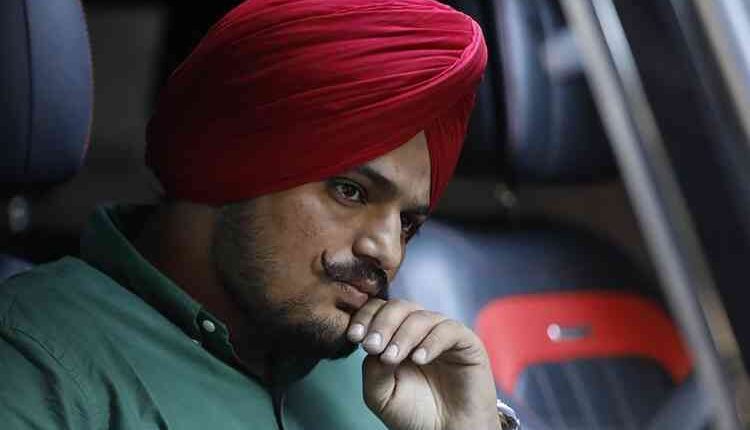Sidhu Moosewala ‘Performs’ Again Through AI — A Tribute or Tech Overstep?

Three years after his tragic death, the late Punjabi rapper Sidhu Moosewala is once again making headlines—this time, not with a new song, but with an announcement that’s shaking fans and critics alike: a posthumous AI-powered world tour titled Signed to God, set to launch in 2026.
The beloved artist, who was gunned down in May 2022, will return to the stage not in person, but through advanced hologram and artificial intelligence technology. The tour includes major cities like Toronto, London, Los Angeles, and his homeland of Indian Punjab. It promises a surreal experience, recreating his presence in ways fans could have never imagined.
A Technological Resurrection: Tribute or Exploitation?
Digital revivals of iconic figures aren’t new. Tupac’s 2012 Coachella hologram set a precedent, followed by similar displays for Michael Jackson and Whitney Houston. But Signed to God marks a historic first: a South Asian artist leading a world tour posthumously through AI.
Some fans are thrilled, calling it a fitting tribute. One X user praised the team’s effort, saying, “Keeping his momentum alive more than a year after his death isn’t easy, it’s something worth studying.” Another excited fan added, “If done well, this tour could be legendary.”
Yet, not all voices echo the same excitement. Critics argue the move risks undermining the very spirit of Moosewala’s artistry. Known for fiercely protecting his creative direction, launching his own label, and intentionally shaping his brand, Moosewala was never one to hand control to others—let alone a machine.
Ethical Dilemma: Consent Beyond the Grave
The tour is reigniting a crucial conversation: Can you honor someone’s legacy without their consent? While fans will hear familiar lyrics and see his trademark swagger, some question if it’s morally right to project his image without his approval.
On Reddit, one user wrote, “This is too much. And people are going to buy these tickets… if this is not late-stage capitalism, then what is?” Another pointed out, “A machine can’t capture the soul. At some point, it stops being art and becomes mockery.”
These views stem from a fear that the core of Sidhu Moosewala—the pain, pride, and fire that shaped his music—can’t be replicated by AI. His songs weren’t just music; they were personal, political, and raw expressions of identity and struggle. That depth isn’t something code can recreate.
Remembering Sidhu Beyond the Stage
Signed to God may be a technological marvel, and undoubtedly, fans will fill venues worldwide. For some, it may offer closure—a final opportunity to connect with an icon they never saw live. For others, it may feel like capitalizing on grief, reducing a revolutionary artist to a digital performance.
Ultimately, Sidhu Moosewala’s AI tour raises a complex question: Is innovation honoring or diluting legacy?
Whatever side people fall on, one thing is certain. Moosewala is no longer here—but the conversation about his life, art, and how we remember him is far from over.
